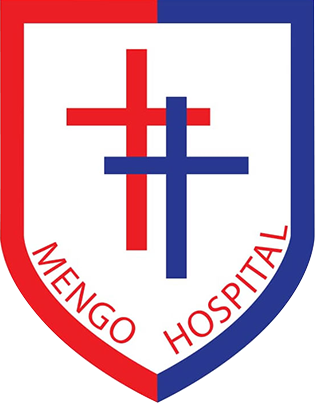The Katikkiro of Buganda, Charles Peter Mayiga, has cautioned Ugandans against the growing habit of using social media platforms as sources of medical advice, warning that such practices put lives at serious risk.
Speaking at Mengo Hospital during the official opening of a new ward for patients suffering from non-communicable diseases (NCDs), Mayiga expressed concern over the increasing number of people relying on unverified medical information circulating online, particularly on platforms like TikTok.
“Many of the people sharing medical advice on social media are not qualified health professionals. They spread misinformation that can endanger lives,” Mayiga said.
“I urge Ugandans to always seek treatment from qualified medical practitioners instead of self-medicating based on what they see online.”
He noted that the spread of false medical information on social media has led to dangerous self-medication habits, especially among people living with chronic illnesses.
The Katikkiro emphasized that health should never be taken lightly and called on the public to prioritize regular medical checkups and consultations with trained professionals.
While inaugurating the Non-Communicable Diseases Centre at Mengo Hospital, Mayiga also urged Ugandans to adopt healthier lifestyles to prevent the onset of NCDs such as diabetes, hypertension, and heart disease.
“Non-communicable diseases are largely preventable if we take better care of ourselves,” he said. “We must be deliberate about our eating habits, exercise regularly, and avoid lifestyle choices that expose us to unnecessary health risks.”
He further appealed to business owners and employers across the country to promote routine health checkups at workplaces as a way of encouraging early detection and prevention of chronic illnesses.
Speaking at the same event, Dr William Lumu, the lead medical specialist at Mengo Hospital, explained that non-communicable diseases are among the leading causes of death in Uganda, mainly because many patients seek medical help too late.
“Diseases like diabetes and hypertension often develop silently and show no clear symptoms in their early stages,” Dr Lumu said.
“By the time most people come to the hospital, their organs — such as the heart, kidneys, or eyes — are already severely affected.”

He revealed that over one million Ugandans are currently living with diabetes, a figure that continues to rise due to poor diet, physical inactivity, and unhealthy lifestyles.
Dr Lumu also emphasized the importance of community awareness, saying early detection and consistent medical supervision can save countless lives.
The launch of the new NCD ward at Mengo Hospital is expected to strengthen specialized care for patients battling chronic illnesses and to promote public education about prevention and management of lifestyle diseases.
The Katikkiro concluded by calling on Ugandans to take responsibility for their health and avoid the temptation of unverified online remedies.
“Health is wealth,” he said. “Let us trust medical experts, not social media influencers, with our lives.”


